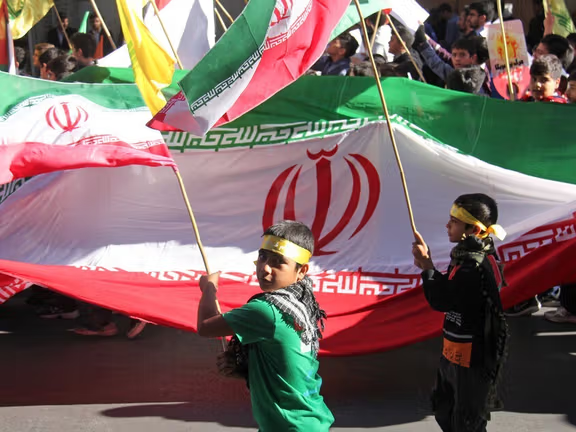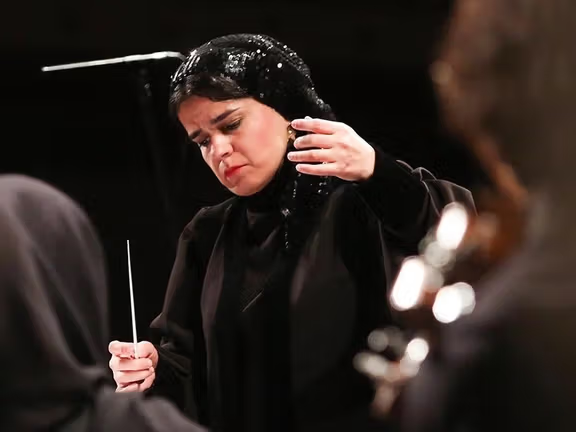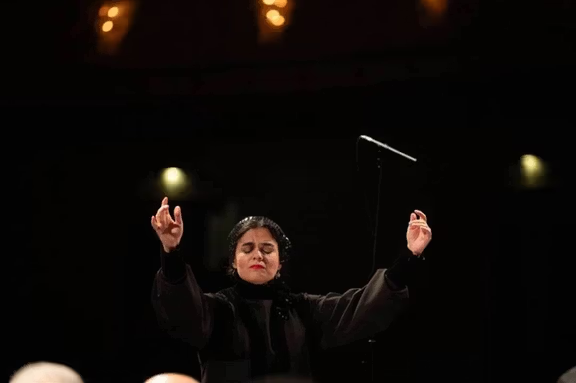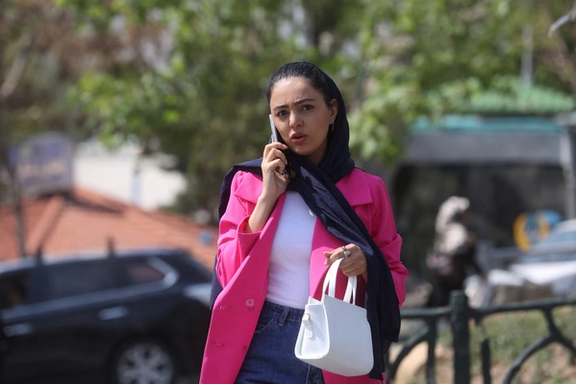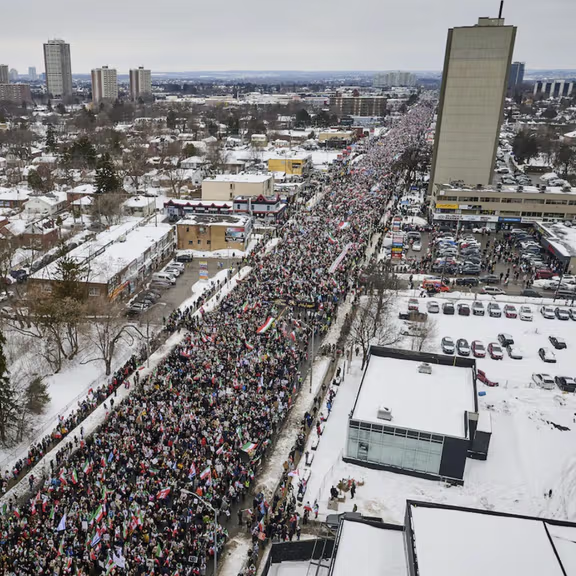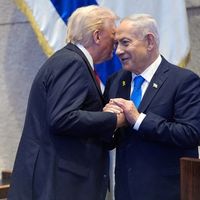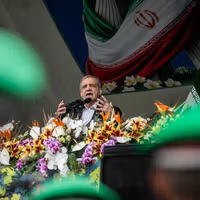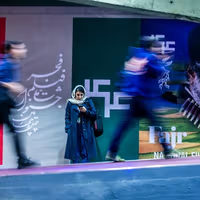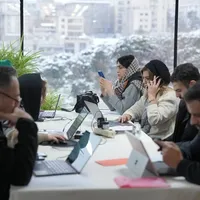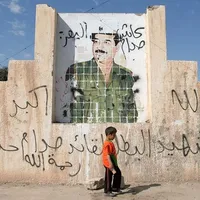By noon, the stand was rubble. Ahmad Baledi, a twenty-one-year-old university student, watched as the officers came to dismantle his father’s livelihood. Then he poured gasoline over his body and lit a match.
He died a few days later, burned beyond recognition in a hospital bed.
Baledi’s death was not an act of madness, it was the death of a promise. The Islamic Republic came to power in 1979 vowing to defend the poor. Forty-six years later, the same government polices them with bulldozers.
Across Iran, municipal squads clear vendors, confiscate carts, destroy kiosks, and often humiliate those who resist. Unconfirmed reports suggest that Baledi warned an officer he would set himself on fire. “Go ahead, let’s see,” the officer allegedly said. And Baledi did it.
That exchange -accurate or not- is entirely believable by Iranians exposed to something more corrosive than cruelty, a state so practiced in coercion that the sees value of life as negotiable.
Bouazizi moment
The scene echoed another young man, thousands of miles away. In 2010, Mohamed Bouazizi, a Tunisian fruit seller, set himself on fire after officials seized his cart, igniting the Arab Spring.
But where Bouazizi’s death cracked open a political order, Baledi’s has been met mostly with silence, a measure of how exhaustion now tempers outrage in a country smothered by inflation, censorship and despair.
Ahvaz, the capital of Khuzestan Province, is a city of contradictions: immense petroleum wealth, staggering poverty and air so thick with refinery dust it dims the sun. For years, residents have lived under a system in which the law is elastic for the powerful and absolute for the weak.
In the hours after Baledi’s death, a wave of grief and anger shook this system in a way the authorities had not anticipated. His self-immolation, captured in trembling phone videos, forced the local government into an uncharacteristic retreat.
The mayor of Ahvaz, Reza Amini, resigned, and the Khuzestan governorate announced the dismissal of four senior municipal officials.
Days later, the prosecutor acknowledged that the mayor and one of his deputies had been arrested and briefly jailed before being released on bail, with additional cases opened against several municipal employees.
But the rush of resignations and arrests sharpened an underlying truth. In Iran, impunity is procedural. Investigations are ritual gestures, designed less to reveal responsibility than to contain it.
Ground truth
Each tragedy is framed as excess zeal at the bottom rather than intent at the top. The machine stays intact.
For many outside Iran, the country registers as an abstraction: centrifuges spinning in Natanz, proxy fights in the Persian Gulf, headlines about sanctions or war with Israel.
But its political reality begins at ground level, in moments like this —a family’s livelihood crushed at dawn, a young man driven to flame.
These are not aberrations; they are the daily grammar of a state that has turned humiliation into an instrument of order.
Baledi’s father later said the family had paid “fees” for years to keep their stand open, bribes functioning as rent to local authorities. It is a metaphor for the nation itself, citizens renting their survival from the very state that claims to protect them.
Bouazizi’s act in Tunisia derived its force from recognition. People saw in his burning the reflection of their own submission and, for a moment, turned that recognition into revolt. In Iran, recognition has hardened into fatigue.
Outrage flares, then recedes beneath the next injustice. The Islamic Republic has mastered the art of exhausting empathy.
Yet Ahmad Baledi’s fire endures as a warning. It exposes a government that mistakes fear for stability and silence for peace. It reminds us that dignity is not ornamental, it is political. Baledi did not die because of gasoline or flame. He died because no one in authority believed his life mattered.
Who killed Ahmad Baledi? The answer, written in fire, is that people eventually stop asking for mercy and start asking to be seen.
